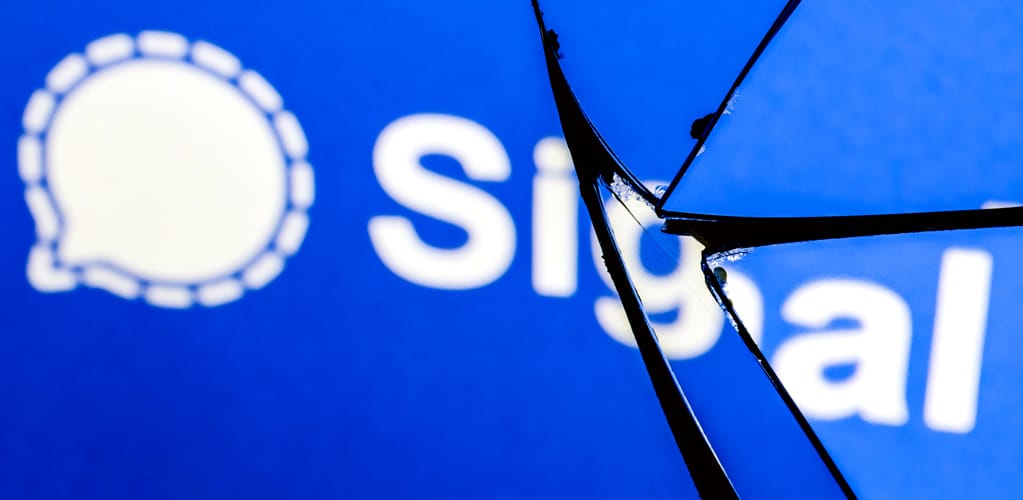
The Atlantic strikes back: Exposing Trump’s war chat denials
The Atlantic exposed Trump officials’ false denials by publishing new leaked messages showing real-time U.S. strike plans on Yemen, revealing a serious security lapse and contradicting official claims.
A confidential group chat involving Trump administration officials became a security debacle after National Security Adviser Michael Waltz inadvertently added Atlantic editor Jeffrey Goldberg to the Signal thread. The group, ironically dubbed the “Houthi PC small group”, was used to coordinate and comment on air strikes against Houthi targets in Yemen — in real-time.
After repeated denials by the Trump administration that a group chat involving officials coordinating air strikes against Houthi targets in Yemen in real-time had resulted in a security breach, The Atlantic chose to publish additional Signal messages in full. The move followed the inadvertent inclusion of The Atlantic editor Jeffrey Goldberg in the Signal thread by National Security Adviser Michael Waltz. The publication argued that the public had a right to judge for themselves.
Despite top officials insisting that no classified material was shared, the texts included precise strike timings, operational updates, and even target identifications. Secretary of Defense Pete Hegseth wrote, “1215et: F-18s LAUNCH (1st strike package)” and later, “1415: Strike Drones on Target (THIS IS WHEN THE FIRST BOMBS WILL DEFINITELY DROP)”.
This happened hours before the actual attacks.
The accidental disclosure sparked alarm among national security experts. “If this information—particularly the exact times American aircraft were taking off for Yemen—had fallen into the wrong hands in that crucial two-hour period, American pilots and other American personnel could have been exposed to even greater danger than they ordinarily would face,” the Atlantic warned. Goldberg received the messages over two hours before the bombs were dropped.

Vice President J.D. Vance’s “prayer for victory”, real-time updates on a collapsed building targeting a Houthi missile chief, and confirmation that “more strikes [were] ongoing” were among other messages shared on the Signal chat.
Yet, officials like CIA Director John Ratcliffe and DNI Tulsi Gabbard downplayed the breach. “There was no classified material,” Gabbard told senators. Ratcliffe echoed, “My communications... were entirely permissible and lawful.”
As for the White House, it objected to publishing the chat by The Atlantic: “Sensitive information was discussed... we object to the release,” said Press Secretary Karoline Leavitt, without explaining what was deemed sensitive or why it remained a risk post-strike.
This unprecedented leak raises urgent questions about operational security, leadership judgment, and accountability — especially when an errant tap can turn war planning into a public spectacle.

GOING FURTHER:
Here Are the Attack Plans That Trump’s Advisers Shared on Signal | THE ATLANTIC
The Trump Administration Accidentally Texted Me Its War Plans | THE ATLANTIC
‘Pathetic’ & ‘parasites’: US officials rip into Europeans in leaked chat | EUROPEANS TODAY






[Read our Comments Guidelines]